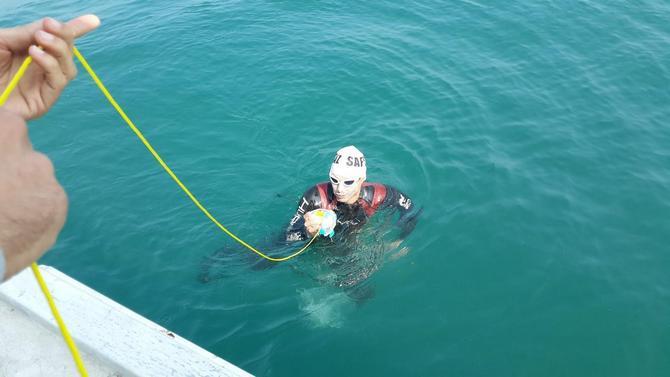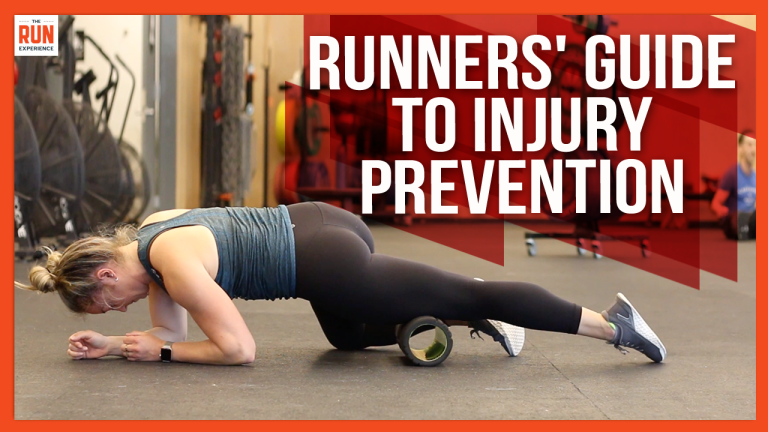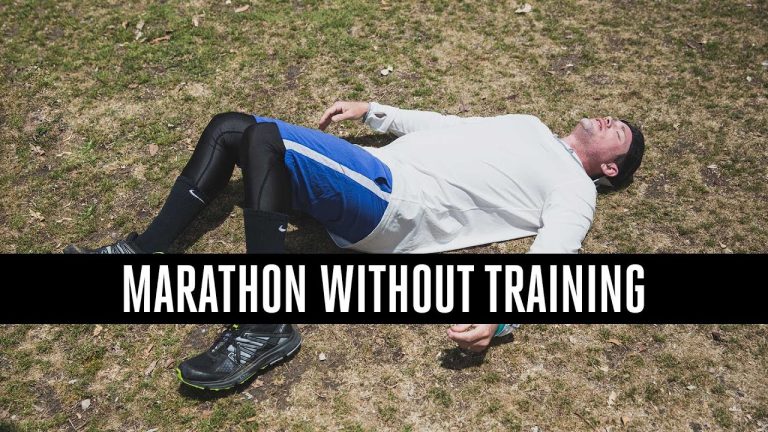How Do Marathon Swimmers Eat
Marathon swimmers eat high-energy foods and often consume them while swimming. As endurance athletes, they require easily digestible nutrition to sustain their energy levels during long swims.

Credit: www.openwaterswimming.com
The Importance Of Nutrition For Marathon Swimmers
balanced Diet For Endurance
Marathon swimmers must maintain a balanced diet rich in carbohydrates, proteins, and healthy fats to sustain long hours in the water.
hydration And Electrolyte Balance
Proper hydration and electrolyte balance are key to prevent muscle cramps and maintain peak performance during marathon swims.
Pre-swim Nutrition Strategies
Proper nutrition plays a crucial role in the performance and endurance of marathon swimmers. Fueling the body with the right nutrients before a long-distance swim is essential for maintaining energy levels and optimizing performance. In this section, we will delve into two important aspects of pre-swim nutrition: carbohydrate loading and protein intake.
Carbohydrate Loading
Carbohydrate loading is a common practice among marathon swimmers to ensure their bodies are adequately fueled for the endurance required during a long swim. Carbohydrates are the primary source of energy for our muscles, and by increasing carbohydrate intake in the days leading up to a swim, swimmers can maximize their glycogen stores.
During carbohydrate loading, the daily intake of carbohydrates is significantly increased, usually up to 8-10 grams per kilogram of body weight. This ensures the body has enough glycogen, a form of stored carbohydrate in the muscles and liver, to provide a steady supply of energy throughout the swim.
While it’s important to consume a variety of carbohydrates, including whole grains, fruits, and vegetables, some swimmers may choose to rely on more easily digestible options such as energy gels, sports drinks, and high-quality bread. These options provide a quick and accessible source of carbohydrates without putting too much strain on the digestive system.
Protein Intake
While carbohydrates are essential for providing energy, protein is equally important for marathon swimmers. Protein aids in the repair and recovery of muscles, which can be crucial during and after a long swim.
Marathon swimmers should aim to include a moderate amount of protein in their pre-swim meals. This can help prevent muscle breakdown and promote muscle repair and growth. Sources of protein can include lean meats, fish, dairy products, tofu, and legumes.
It’s worth noting that the timing of protein consumption is also crucial. Protein should be consumed in the hours leading up to the swim to allow the body to digest and absorb the nutrients effectively. Including a protein-rich meal or snack around three hours before the swim is an effective strategy for marathon swimmers.
In conclusion,
Pre-swim nutrition strategies, such as carbohydrate loading and protein intake, can greatly impact the performance and endurance of marathon swimmers. By fueling the body with the right nutrients, swimmers can optimize their energy levels and improve overall performance during the swim.
In-swim Fueling Techniques
Marathon swimmers use in-swim fueling techniques to maintain energy levels during long-distance swims. This involves consuming specialized energy gels or drinks at regular intervals to replenish lost calories and stay hydrated. By efficiently eating while swimming, marathon swimmers can sustain their physical endurance and reach their goals.
Introductory Paragraph:
In marathon swimming, fueling techniques play a crucial role in providing endurance athletes with the energy they need to complete lengthy swims. Unlike other sports, marathon swimming doesn’t allow swimmers to take breaks to eat and refuel. Instead, marathon swimmers rely on in-swim fueling techniques to provide them with the necessary nutrients to keep going. These techniques include using liquid nutrition and solid foods, which are specifically designed to be consumed while swimming. Let’s explore these fueling techniques in greater detail.
Liquid Nutrition
Liquid nutrition is a popular choice among marathon swimmers due to its convenience and ease of consumption while in the water. Liquids provide quick hydration and a source of energy without requiring excessive chewing or digestion. Many endurance athletes use specially formulated energy gels, sports drinks, or homemade blends to meet their nutritional needs during a swim. These liquids typically contain a combination of carbohydrates, electrolytes, and sometimes protein to replenish energy stores and maintain hydration levels. Some swimmers may also opt for flavored water or electrolyte-rich beverages as a lighter alternative.
Solid Foods
While liquid nutrition is favored by many marathon swimmers, some athletes also incorporate solid foods into their in-swim fueling strategy. Solid foods provide a feeling of satiety and can help combat hunger during long swims. However, choosing the right solid foods is essential, as they need to be easily digestible, compact, and resistant to dissolving in water. Common examples of solid swim-friendly foods include energy bars, bananas, gel blocks, or specially formulated endurance snacks. These foods are often packaged in waterproof packaging or stored in easy-to-access containers, making them convenient for consumption while swimming.

Credit: loneswimmer.com
Post-swim Recovery Nutrition
Post-Swim Recovery NutritionPost-swim recovery nutrition plays a crucial role in replenishing the body’s energy stores and aiding muscle recovery.
Replenishing CarbohydratesReplenishing Carbohydrates
- Adequate intake of carbohydrates is essential to restore glycogen levels in muscles.
- Choose complex carbs like whole grains, fruits, and vegetables for sustained energy replenishment.
- Include fast-digesting carbs such as bananas or energy bars for immediate post-swim recovery.
Protein For Muscle Recovery
- Protein aids in repairing and rebuilding muscle tissue post-swim.
- Opt for lean protein sources like chicken, fish, or tofu to promote muscle recovery.
- Consider a protein shake or a meal rich in protein within 30 minutes after swimming.
Supplements For Marathon Swimmers
When it comes to the demanding physical and mental challenges of marathon swimming, proper nutrition and supplementation are essential for athletes to maintain peak performance and endurance. In the realm of supplements for marathon swimmers, multivitamins and omega-3 fatty acids play vital roles in supporting overall health, enhancing recovery, and sustaining energy levels. Understanding the importance of these supplements can help swimmers optimize their nutritional intake for optimal athletic performance.
Importance Of Multivitamins
Multivitamins are a cornerstone in the supplementation regimen of marathon swimmers, serving as a convenient way to fill potential nutrient gaps in their diet. As swimmers consume an extensive amount of calories during their lengthy workouts and competitions, their bodies need an array of vitamins and minerals to keep their systems functioning optimally. The inclusive nature of multivitamins can help marathon swimmers address these nutritional requirements, supporting immune function, energy production, and overall well-being while mitigating the risk of deficiencies.
Omega-3 Fatty Acids
Omega-3 fatty acids are fundamental for marathon swimmers due to their anti-inflammatory properties and potential benefits for cardiovascular health. Swimmers subject their bodies to repetitive, high-impact movements, which can lead to muscle inflammation and oxidative stress. Omega-3s combat these effects, promoting recovery and reducing the risk of injury. Additionally, these essential fatty acids are known for their potential to support cognitive function, which is crucial for maintaining focus and mental acuity during grueling swimming sessions.

Credit: m.youtube.com
Frequently Asked Questions Of How Do Marathon Swimmers Eat
How Do You Feed During A Marathon Swim?
During a marathon swim, feed on easily digestible snacks every 30-60 minutes to maintain energy levels. Options include energy gels, bars, or liquid carbohydrates. Remember to stay hydrated with water or sports drinks throughout the swim.
How Do Long Distance Swimmers Use The Bathroom?
Long distance swimmers often use a diaper-like device called a swim diaper to prevent any bathroom mishaps. These diapers are designed to be discreet and keep waste contained during the swim, ensuring cleanliness and comfort for the swimmer.
What Is The Best Fuel For Marathon Swimming?
The best fuel for marathon swimming is a combination of carbohydrates and electrolytes. These help provide energy and replenish lost minerals during long swims. It’s important to choose easily digestible sources like energy gels, sports drinks, and natural foods to sustain endurance and hydration levels.
Conclusion
Maintaining proper nutrition is key for marathon swimmers. By focusing on nutrient-dense foods, they fuel their bodies efficiently. Balancing carbohydrates, protein, and healthy fats supports endurance and recovery. Hydration is crucial, along with strategic meal timing. Smart eating habits can enhance performance in marathon swimming.







